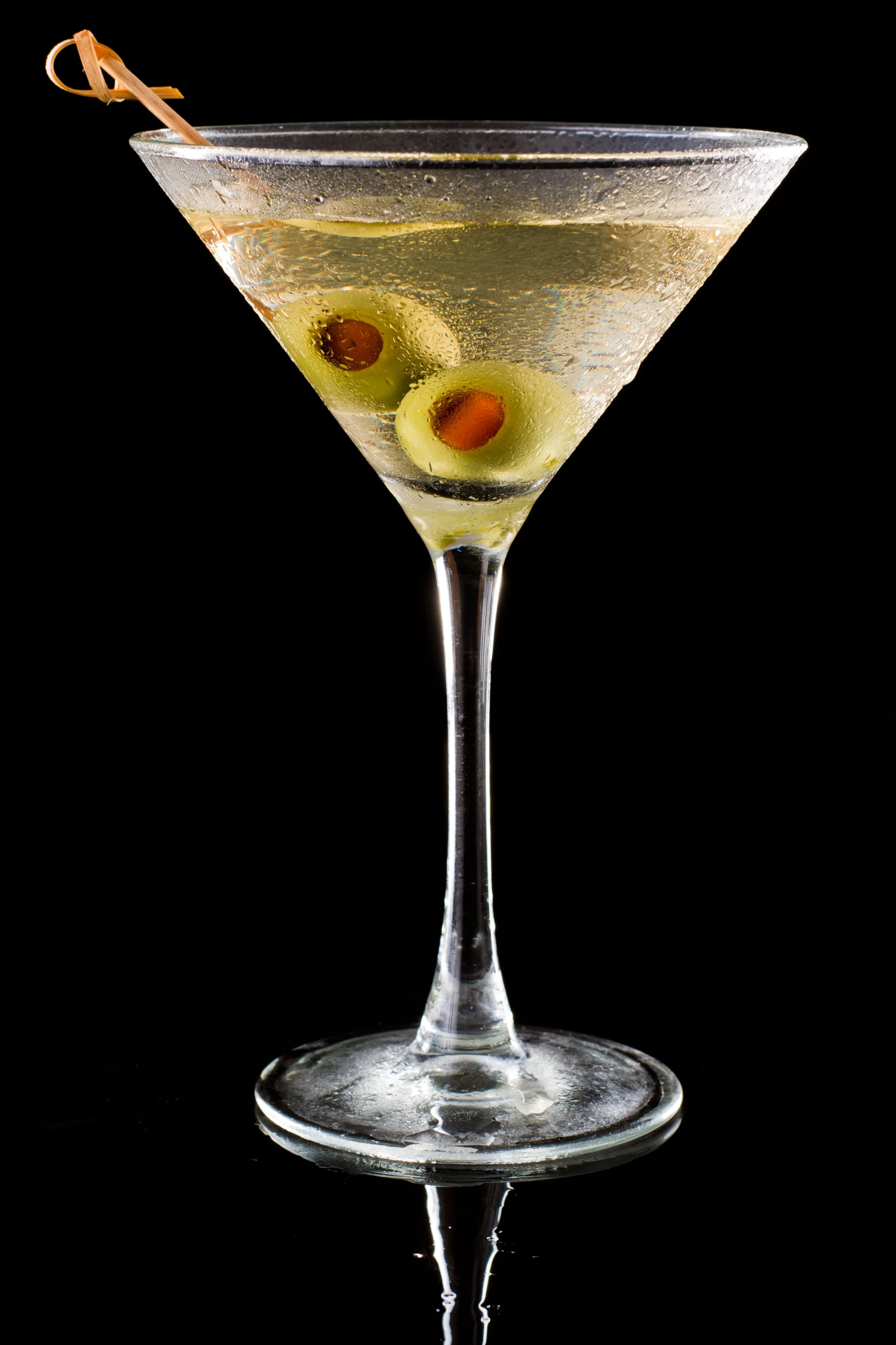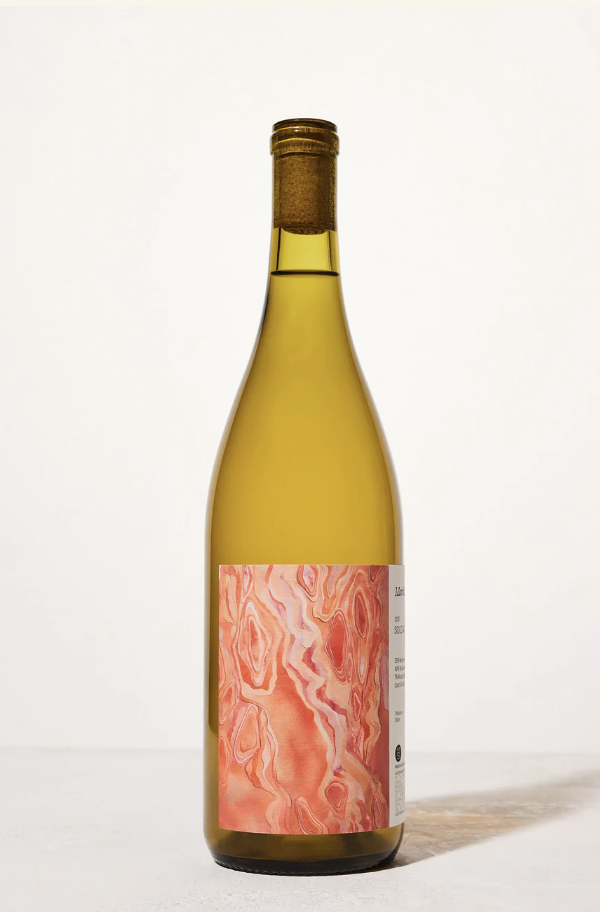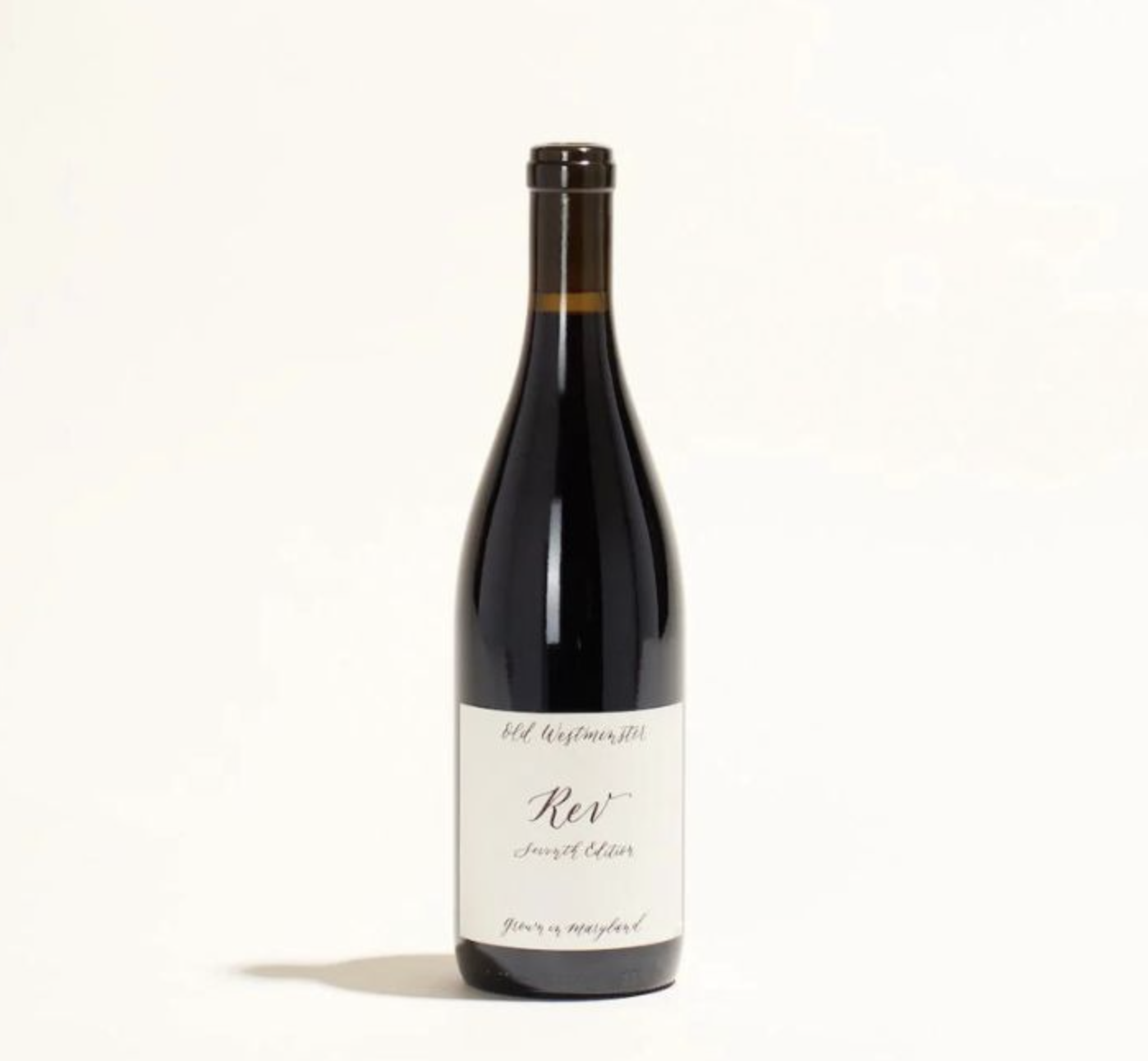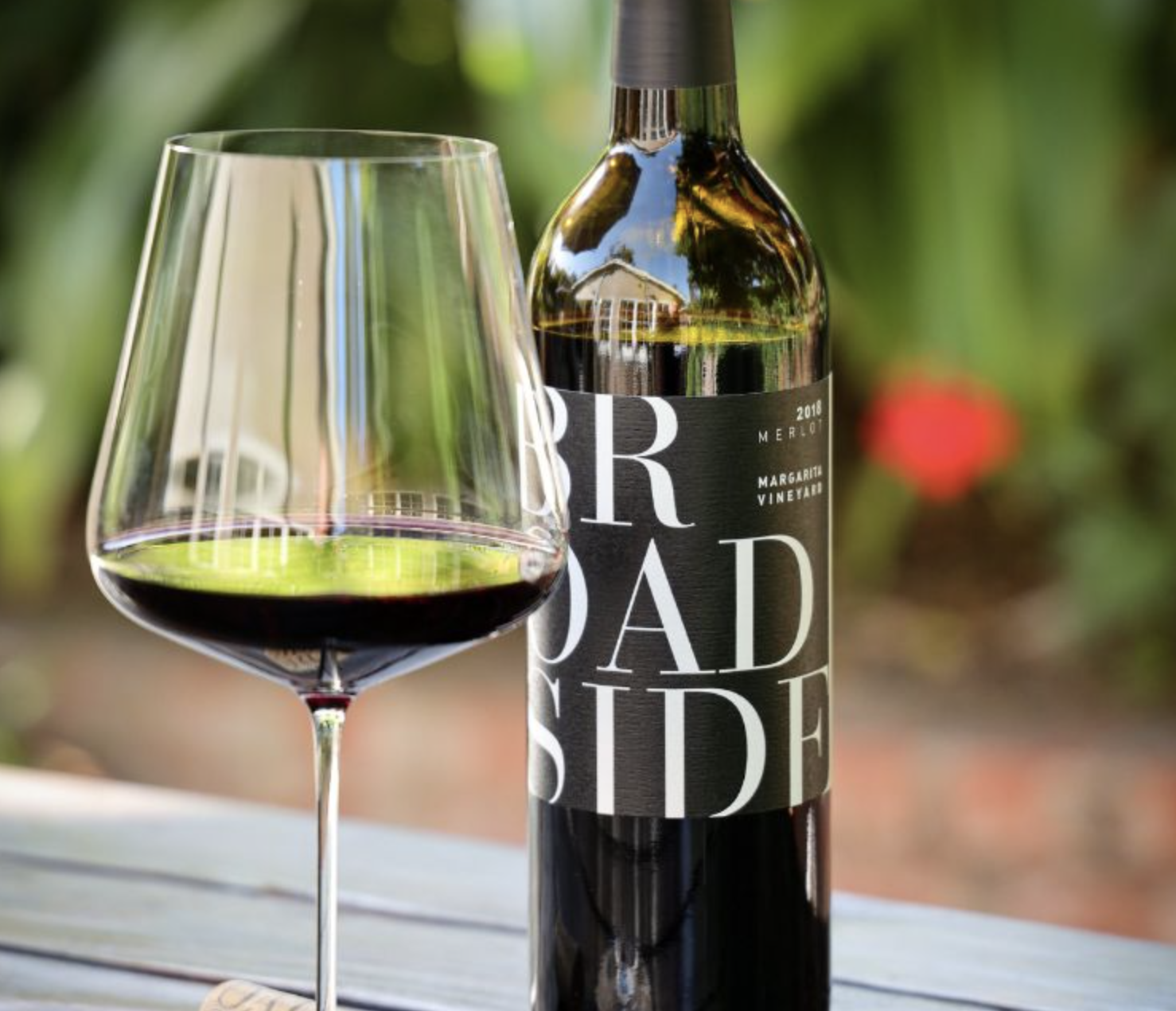How Your Alcohol Tolerance Changes With Age
/Getting older comes with a lot of changes—physically, mentally, spiritually, and more. One of those changes (one I don’t hear many people talking about) is our body’s ability to process alcohol. As you probably guessed, the older we get, the worse we are at tolerating and handling alcohol. This has to do with a number of factors, and I wanted to use this week’s blog post as an opportunity to explain what happens to our alcohol tolerance as we age, why it happens, and what to do! Hint: I’m not going to tell you to never drink, but I will be giving you better options, and my advice on how to strike balance.
What happens & why
When we age, our metabolisms slow down; it’s just a fact of life. This is because we naturally lose muscle mass throughout the years, and lean muscle mass is what allows us to burn through calories at a higher rate. This is why I’ve written about the importance of strength training on the blog a bunch of times (here, here, and here)—because strength training is the most effective way to increase your lean muscle mass, and mitigate the effects of aging on your metabolism. As we age, we tend to lose that muscle mass and replace it with fat, which holds less water than muscle. In turn, the body metabolizes alcohol more slowly, leaving it in your system for longer. This means we feel the effects of alcohol more strongly, and that we’re more susceptible to health issues.
It’s no secret that alcohol use, especially excessive alcohol use, damages the body. It contributes to various kinds of cancers, liver damage, immune system disorders, and brain damage, as well as health conditions like osteoporosis, diabetes, high blood pressure, stroke, ulcers, memory loss, and mood disorders (think depression and anxiety). Also, drinking causes us to lose our inhibitions, meaning we’re more likely to make unhealthy choices, like binge eating, smoking, and more, which come with a whole separate host of health issues, including unhealthy weight gain. Finally, drinking has been shown to disrupt sleep patterns, which we all know is absolutely crucial for aging healthily, and motor skills, which can lead to balance issues and falls. Bottom line: Drinking too much becomes a very, very dangerous activity for us to frequently engage in as we age.
What you can do + better options
While cutting out alcohol altogether is arguably the most beneficial approach you can take for your health, I recognize that it’s not a step everyone wants to take. (It’s not even one that I take, I really enjoy drinking wine!) Generally, though, we could all afford to scale back on our drinking and keep it within the ranges where it won’t adversely impact our health. The CDC defines drinking in moderation as two drinks or less in a day for men and one drink or less in a day for women, on days when alcohol is consumed. Do what you will with that information—I think the most important thing is to not be consuming too much, too frequently, and if you are going to drink, try to opt for “healthier” versions.
The best healthier options for drinking that I’ve been able to find are natural wines. Natural wines are made from grapes that are organically grown (no pesticides) and they contain no ingredients besides grapes (no sulfites or additives). Additives and chemicals are often cited as major contributors to hangovers, so switching over to natural wine can also help prevent those. Plus, unlike other “healthier” drinking options—many of which use artificial sweeteners and other synthetic ingredients—natural wines taste delicious, just like any other glass of wine you would have. (I personally think they taste even better, but that could just be because I know they’re better for me.)
Here’s a list of natural wines that I love, which you’ll also find in Sunday’s newsletter!
I hope you found this blog post helpful, and if you did, I encourage you to join our Private Facebook Group, so you can stay up to date on all things PJW.
Xo,
Renata







